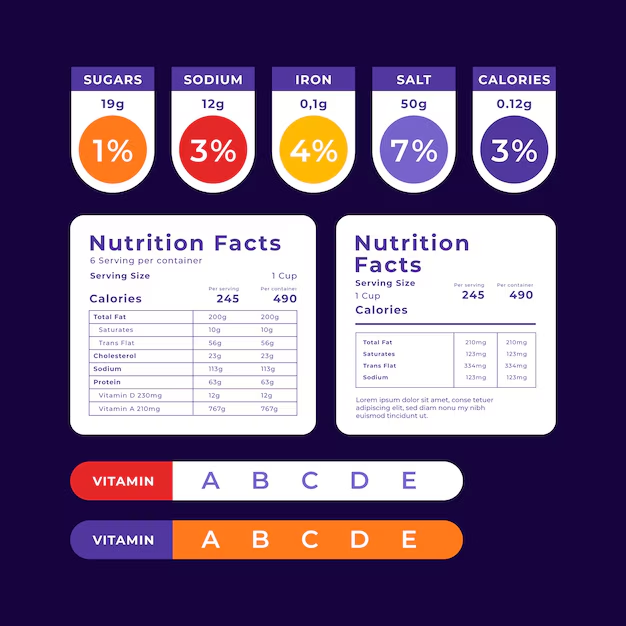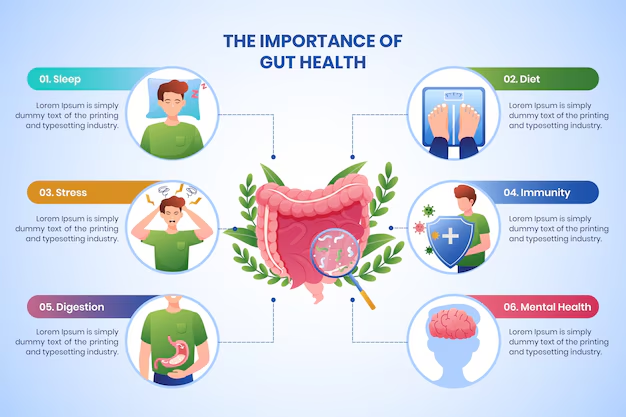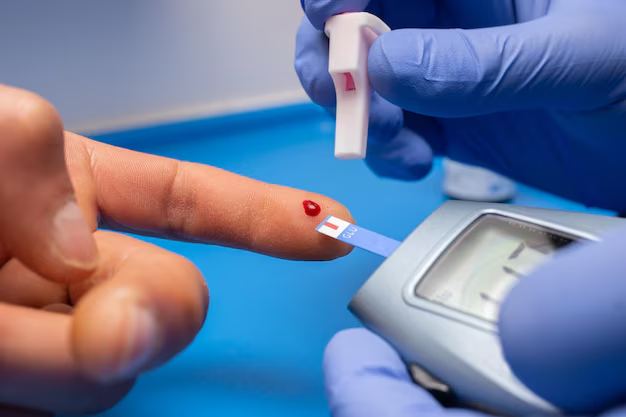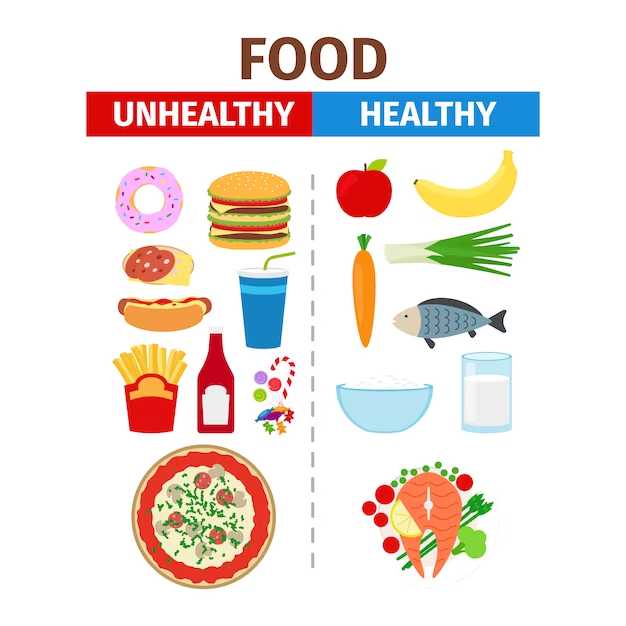The Impact of Nutrition on Mental Health: How Your Diet Affects Your Mind
Introduction:
We often hear that a healthy diet can improve physical health, but did you know that what you eat also plays a significant role in your mental well-being? Mental health issues, such as anxiety, depression, and stress, are becoming increasingly common, and the link between nutrition and mental health is gaining more attention. The food you consume can impact your brain’s function, mood, and overall mental state.
In this blog post, we’ll explore how different nutrients affect your mental health and share tips for eating in a way that supports a happier, healthier mind.
The Brain-Gut Connection: Why Nutrition Matters for Mental Health
The connection between the brain and the gut is more important than most people realize. The gut, often referred to as the “second brain,” produces many of the same neurotransmitters (brain chemicals) as the brain itself. In fact, about 90% of serotonin, the “feel-good” neurotransmitter, is produced in the gut.
What you eat can directly influence the health of your gut microbiome — the collection of bacteria and microorganisms that live in your digestive system. A healthy gut microbiome supports the production of neurotransmitters, which are essential for regulating mood and emotions.

Key Nutrients That Influence Mental Health
Omega-3 Fatty Acids: The Mood-Boosting Fats
- What They Do: Omega-3 fatty acids, found in foods like fatty fish (salmon, mackerel, sardines), walnuts, and flaxseeds, are essential for brain health. These fats help improve brain function, reduce inflammation, and regulate mood.
- Impact on Mental Health: Studies show that omega-3s can reduce symptoms of depression and anxiety. In fact, some research suggests that people who don’t get enough omega-3s may be more prone to mental health disorders.
Tip: Try to include omega-3-rich foods in your diet at least twice a week. If you’re vegetarian or vegan, consider omega-3 supplements from algae or flaxseeds.
B Vitamins: Fuel for the Brain
- What They Do: B vitamins, including B6, B12, and folate, are crucial for brain health. They help produce neurotransmitters like serotonin and dopamine, which regulate mood and energy.
- Impact on Mental Health: Deficiencies in B vitamins are linked to symptoms of depression, anxiety, and cognitive decline. Folate and vitamin B12, in particular, are often found to be low in people with depression.
Tip: Good sources of B vitamins include leafy greens, beans, peas, fortified cereals, and animal products like eggs, dairy, and meat.
Vitamin D: The Sunshine Vitamin
- What It Does: Vitamin D is produced by the body when exposed to sunlight, but it can also be found in foods like fortified milk, fatty fish, and egg yolks. It plays a crucial role in brain health and the regulation of mood.
- Impact on Mental Health: Research shows a strong connection between low vitamin D levels and mental health issues such as depression, anxiety, and seasonal affective disorder (SAD). In fact, individuals with lower levels of vitamin D are more likely to experience mood disorders.
Tip: Try to get outside in the sun for at least 15 minutes a day, and consider a supplement if you live in areas with limited sunlight.
Magnesium: The Relaxation Mineral
- What It Does: Magnesium is involved in over 300 biochemical reactions in the body, including the regulation of the nervous system.
- Impact on Mental Health: Magnesium helps the body manage stress and promote relaxation. It has been found to reduce symptoms of anxiety and improve sleep quality. Low magnesium levels are also linked to depression and mood swings.
Tip: Include magnesium-rich foods such as leafy greens, nuts, seeds, and whole grains in your diet. You can also consider magnesium supplements if you’re prone to stress or anxiety.
Antioxidants: Protecting the Brain from Stress
- What They Do: Antioxidants, like vitamin C, vitamin E, and flavonoids, help protect the brain from oxidative stress and inflammation caused by free radicals.
- Impact on Mental Health: Chronic oxidative stress has been linked to mental health disorders like depression and cognitive decline. Consuming antioxidant-rich foods may help reduce inflammation in the brain and protect against mood disorders.
Tip: Eat a colorful variety of fruits and vegetables, especially berries, citrus fruits, nuts, and green leafy vegetables, to boost your antioxidant intake.

The Role of Gut Health in Mental Wellness
The gut-brain axis refers to the communication network between your digestive system and your brain. A healthy gut microbiome is essential for good mental health. An imbalance in gut bacteria (dysbiosis) has been linked to mood disorders, anxiety, and depression.
- Probiotics and Prebiotics: Probiotics, found in fermented foods like yogurt, kefir, sauerkraut, and kimchi, introduce beneficial bacteria to the gut. Prebiotics, found in foods like bananas, onions, and garlic, help feed and support the growth of good bacteria.
- The Impact: A healthy gut microbiome supports serotonin production, improves brain function, and reduces inflammation, which can positively influence mental health.
Tip: To support your gut health, eat a variety of fiber-rich foods and include fermented foods in your diet regularly.

Blood Sugar Regulation and Mental Health
Fluctuations in blood sugar levels can have a significant impact on your mood and energy levels. Sudden spikes and crashes in blood sugar can lead to irritability, anxiety, and even depression.
- What to Do: Instead of consuming large amounts of sugary or refined foods, focus on stabilizing your blood sugar with whole grains, lean proteins, healthy fats, and fiber-rich foods. Eating smaller, balanced meals throughout the day can help keep your blood sugar levels steady.
Tip: Choose whole fruits over fruit juices, and opt for complex carbohydrates like oats, quinoa, and brown rice instead of refined grains.

Foods to Avoid for Better Mental Health
While certain foods can boost your mental health, others can have the opposite effect. Here are some foods to limit or avoid:
Processed Foods: Highly processed foods often contain added sugars, unhealthy fats, and artificial ingredients, which can disrupt mood regulation and contribute to inflammation in the brain.
Refined Sugars: High sugar intake can cause blood sugar spikes and crashes, leading to irritability and mood swings.
Caffeine and Alcohol: Excessive caffeine can increase anxiety, and alcohol, while initially relaxing, can interfere with sleep and worsen mood over time.
Conclusion:
The connection between nutrition and mental health is undeniable. What you eat has a profound impact on your brain, mood, and emotional well-being. By prioritizing a diet rich in omega-3 fatty acids, B vitamins, vitamin D, magnesium, antioxidants, and gut-friendly foods, you can help support a healthier mind and improve your mental health.
Remember, mental wellness is a complex combination of factors, but nourishing your body with the right foods is a powerful tool for feeling your best. Small dietary changes can make a big difference, so start incorporating more brain-boosting foods into your meals today.
Call to Action:
Interested in learning more about how nutrition impacts your health? Subscribe to our Newshunt for more insights, tips, and resources on nourishing your mind and body!

